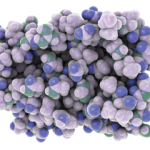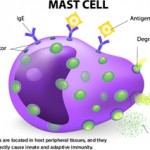Current knowledge of receptor-ligand interactions, cell signaling, and transcriptional regulation derive from studies of type I interferon. The design of novel therapeutics is informed by the advances in investigation of type I interferon, with the potential for important impacts on patient management.








